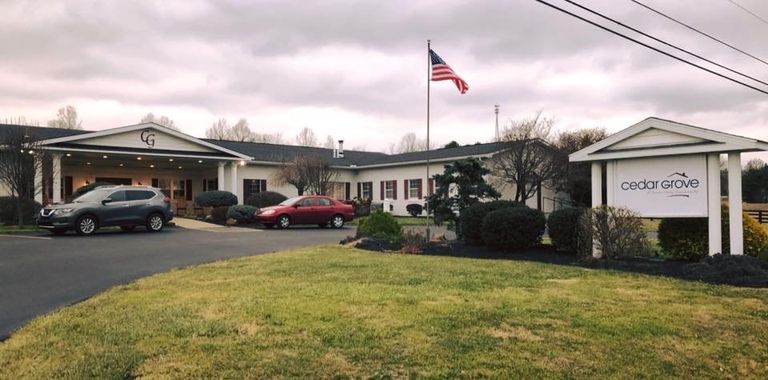
WEIGHT: 51 kg
Breast: Small
1 HOUR:100$
NIGHT: +80$
Services: Pole Dancing, Dinner Dates, Oral, Soft domination, Humiliation (giving)
Thomas S. United States District Court, S. West Virginia, Parkersburg Division. Cagle, Charleston, WV, for plaintiff. Rebecca A. Betts, U. Haynie, Asst. Pending before the Court is defendant Thomas S. Pritt's application for the attorney's fees and litigation expenses that he incurred in successfully defending himself against a criminal prosecution. Pritt makes his application pursuant to the recently enacted Hyde Amendment on the grounds that the United States Government's prosecution against him was frivolous, vexatious, or in bad faith.
The Government responds that the evidence, although insufficient to survive Pritt's motion for acquittal on thirteen of the seventeen counts at trial, was sufficient to show that the prosecution was made in good faith. The defendant's motion raises the issue of whether the Hyde Amendment permits an award of attorney's fees and costs to a former criminal defendant when the court partially denied the defendant's motion for acquittal at trial.

The Court finds that although Pritt's motion for acquittal was granted on several charges, the prosecution was neither frivolous, vexatious, or brought in bad faith. On September 30, , a federal grand jury indicted Pritt in a seventeen-count indictment. The indictment contained fourteen counts of aiding and abetting mail fraud in violation of 18 U. At the conclusion of the Government's presentation of evidence, Pritt moved the Court, pursuant to Rule 29 of the Federal Rules of Criminal Procedure, for a judgment of acquittal on all seventeen counts.
The Court granted the motion as to thirteen counts, but denied the motion with respect to four counts in which he was charged with aiding and abetting his father's mail fraud scheme. After deliberating for two days, the jury acquitted Pritt of the remaining four counts. Criminal defendants often face a tremendous disadvantage when defending themselves against a prosecution by the Government. Individuals simply cannot match the resources of the United States Department of Justice.

Our criminal justice system, however, guarantees fairness by providing a variety of procedural protections to criminal defendants, including the presumption of innocence, the heavy burden of proof placed upon the Government, the right to grand jury indictment, the right to subpoena witnesses, and the right to the discovery of Brady material.




































